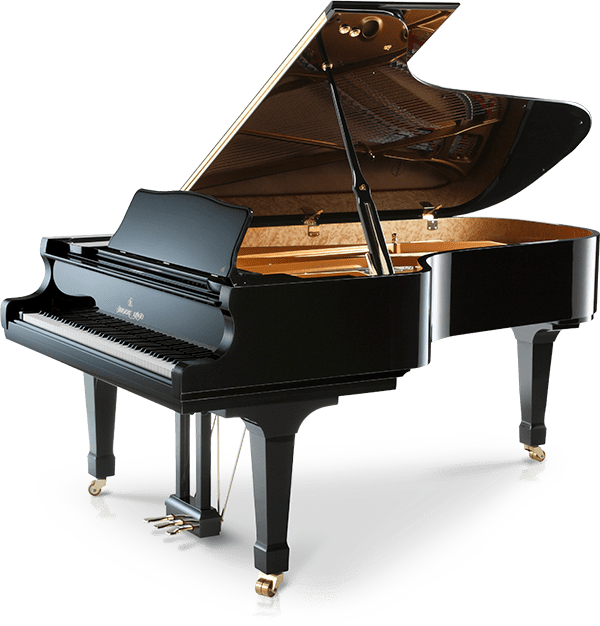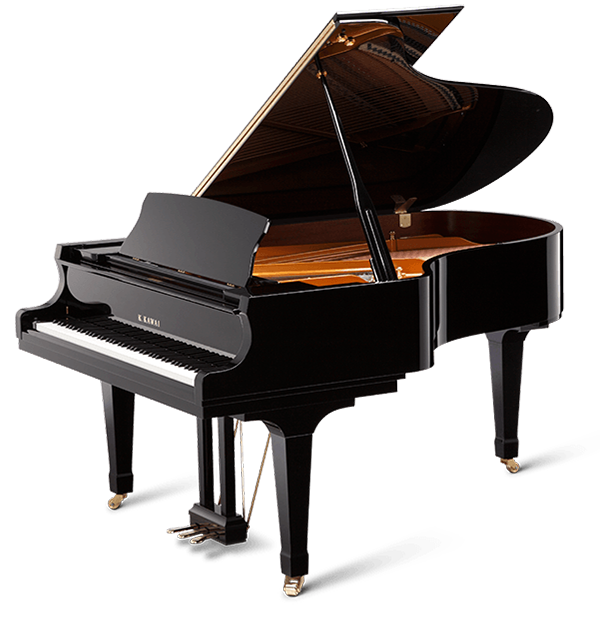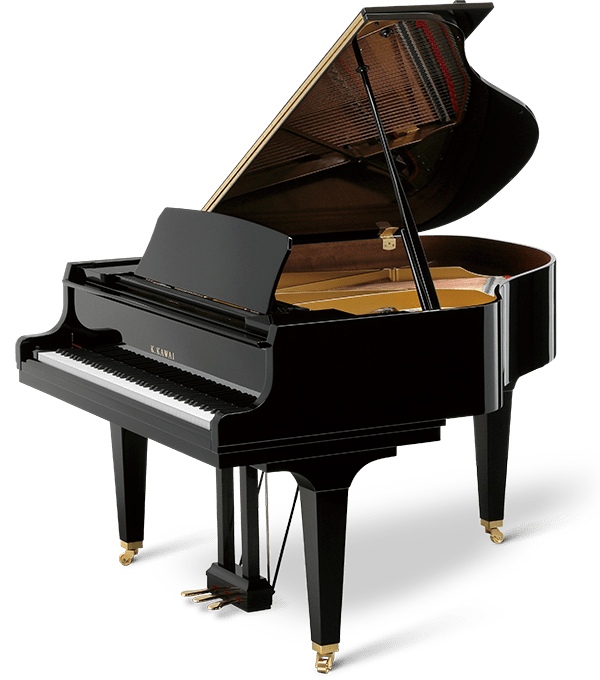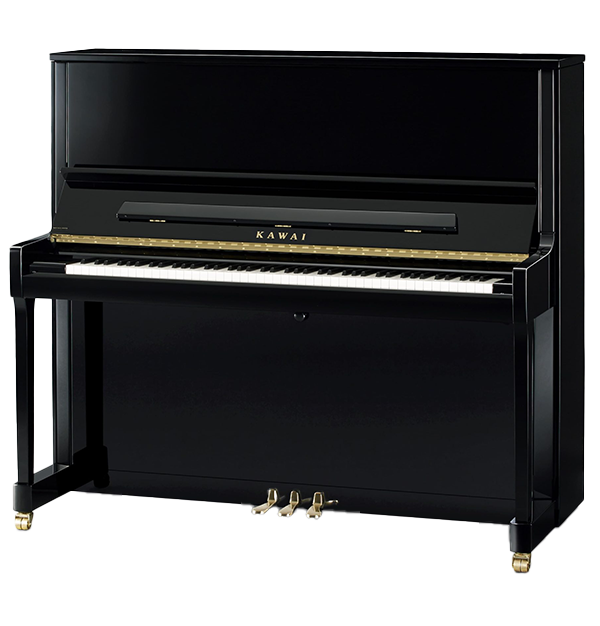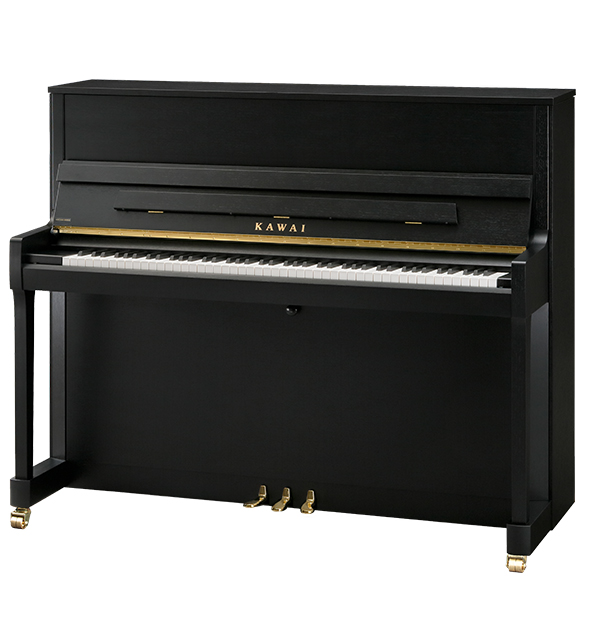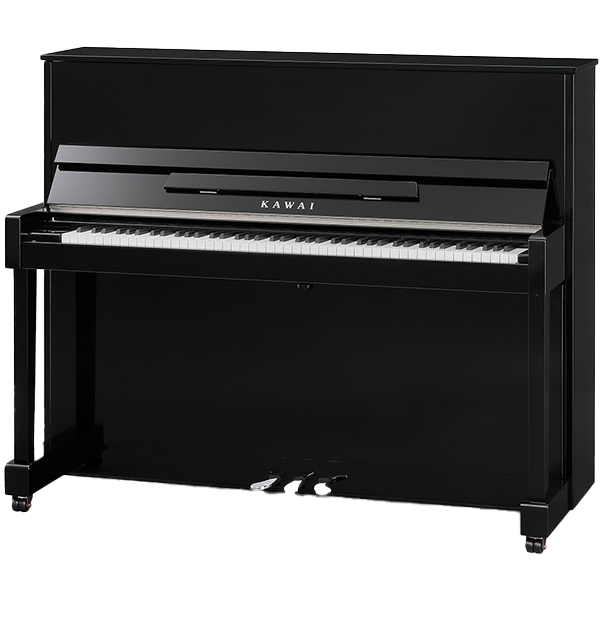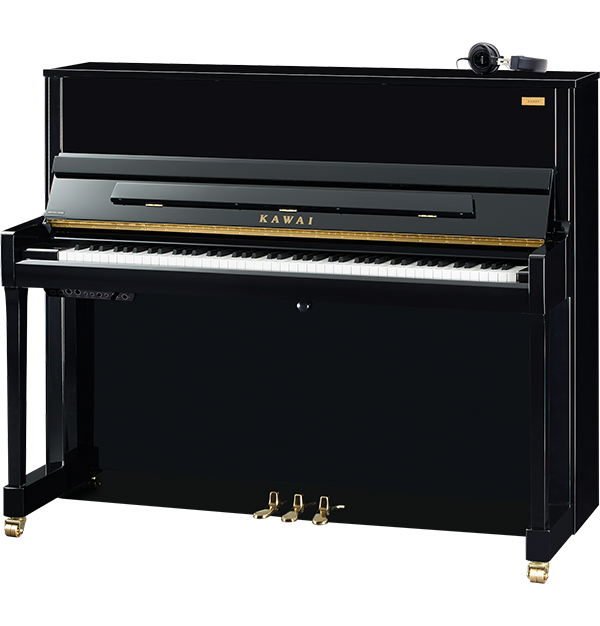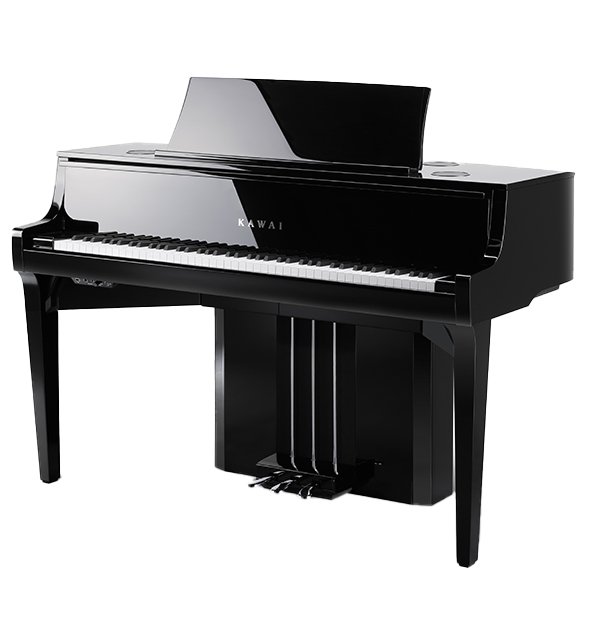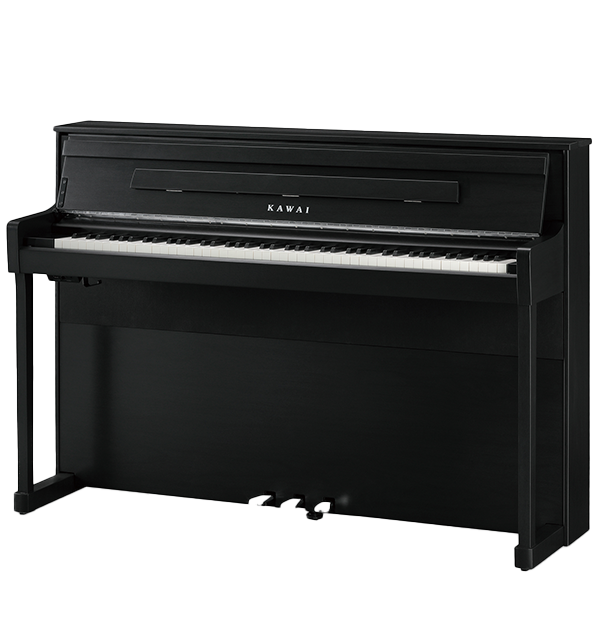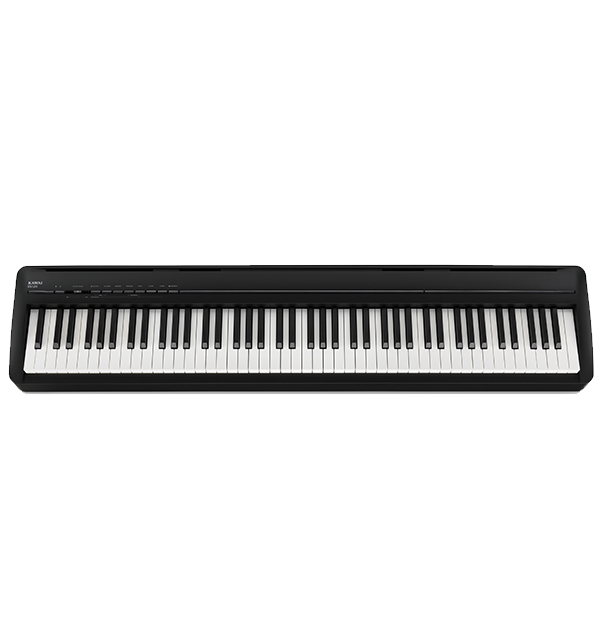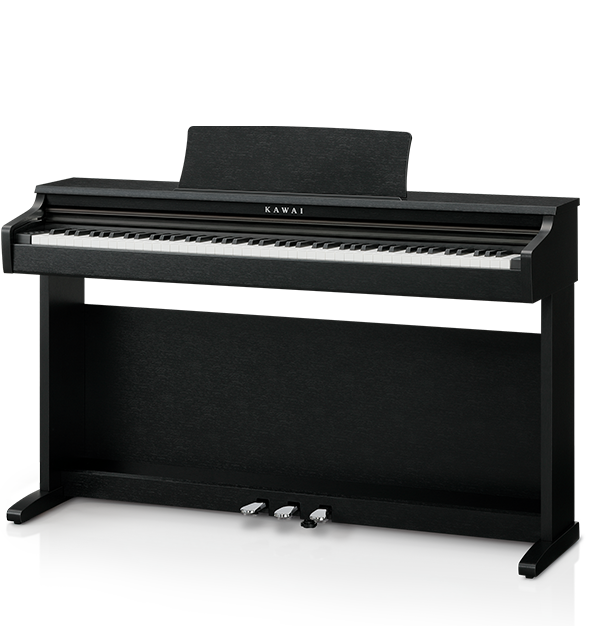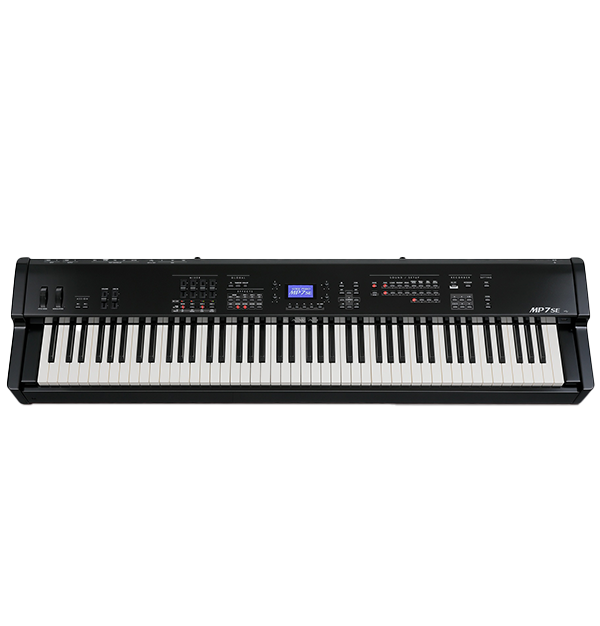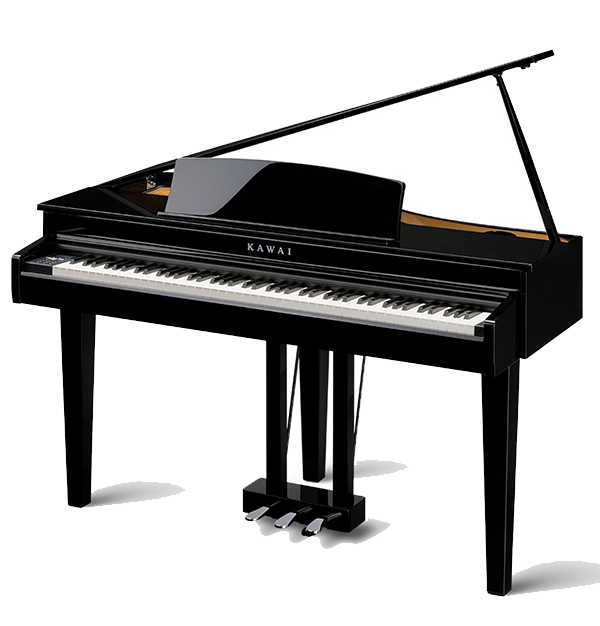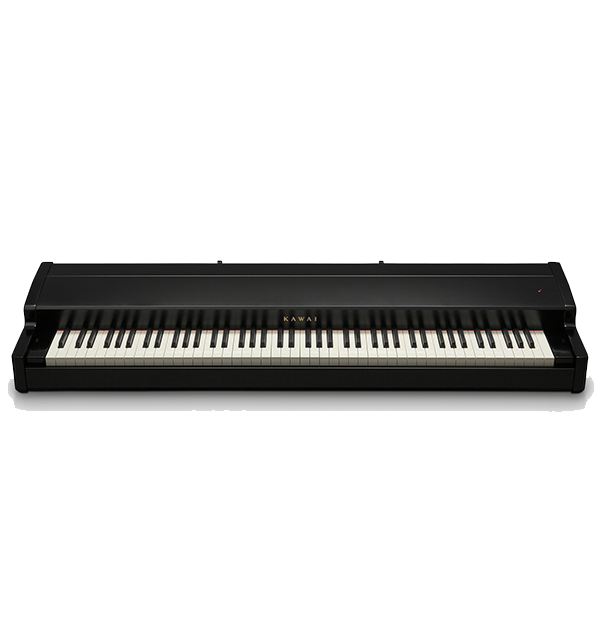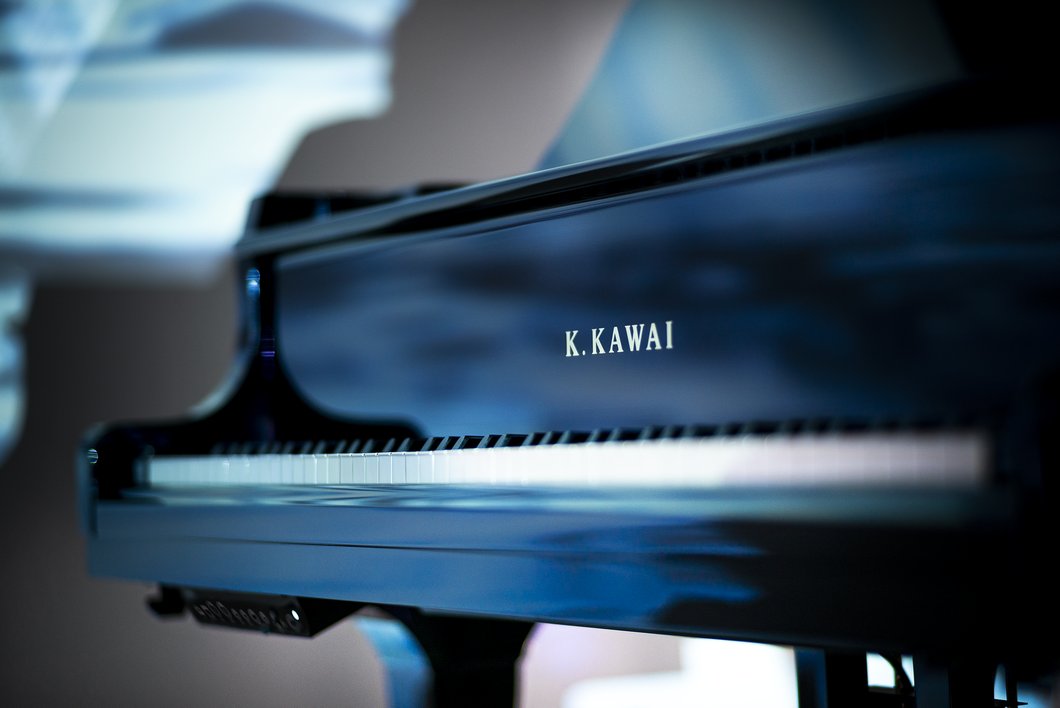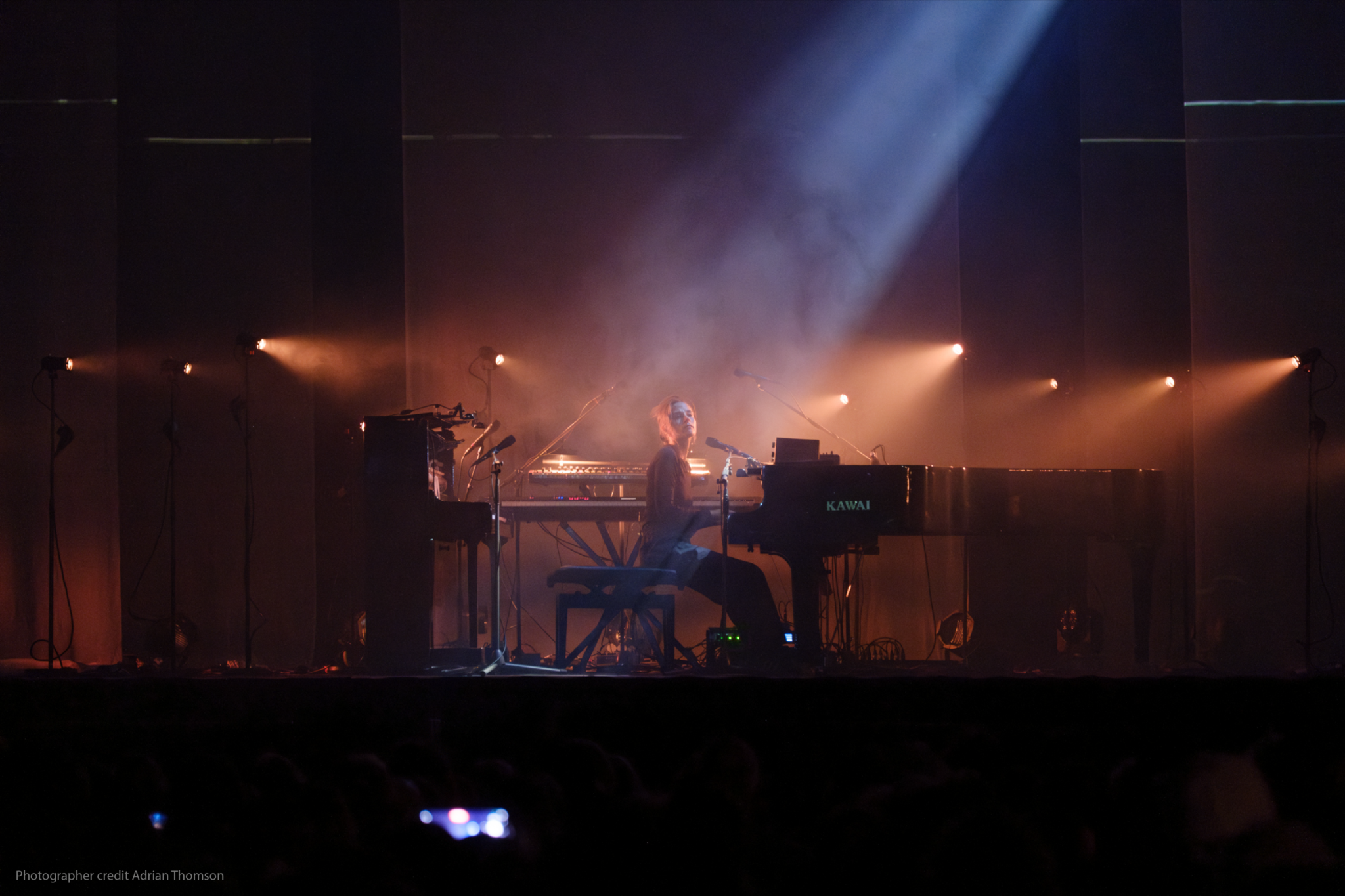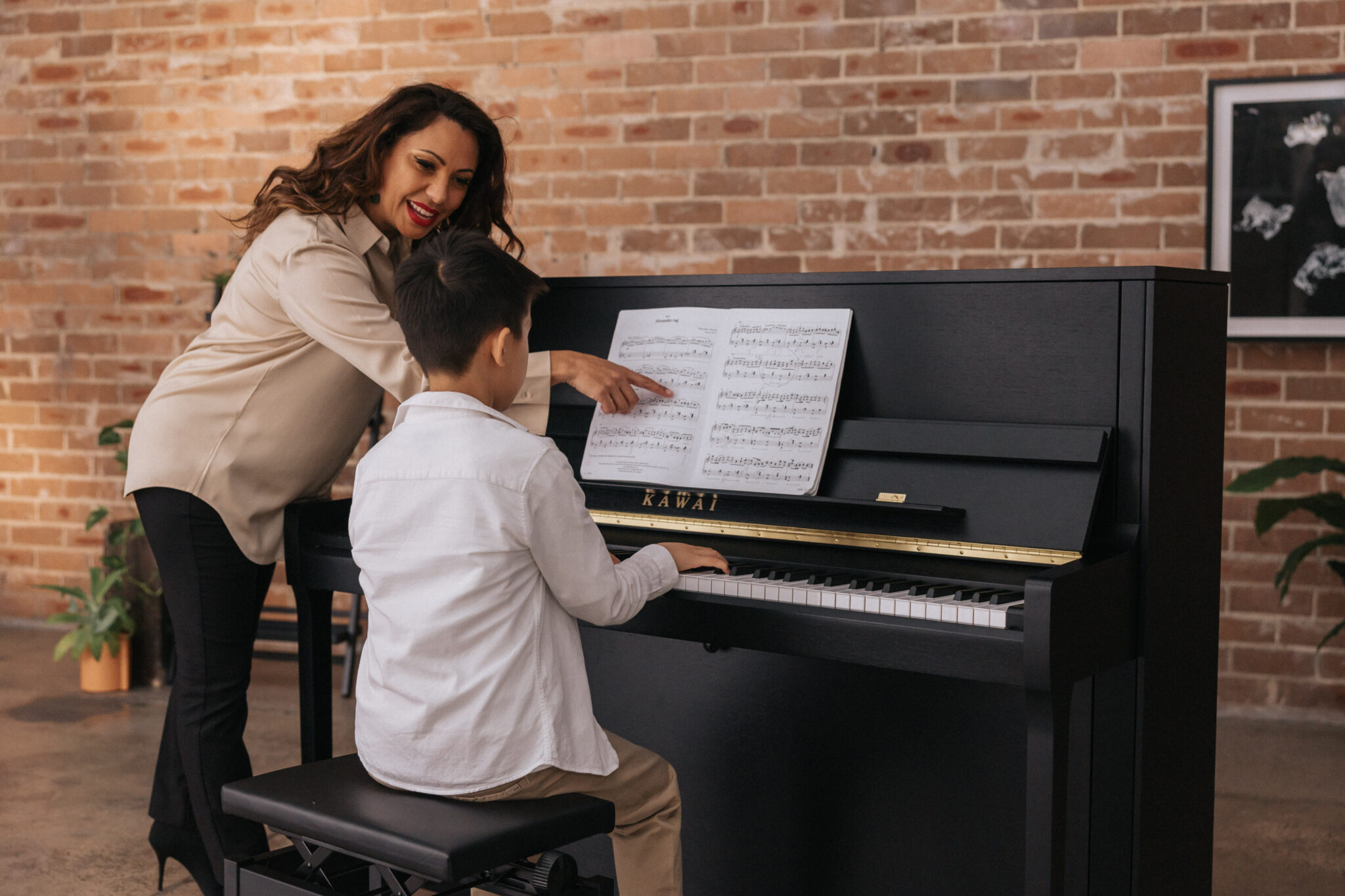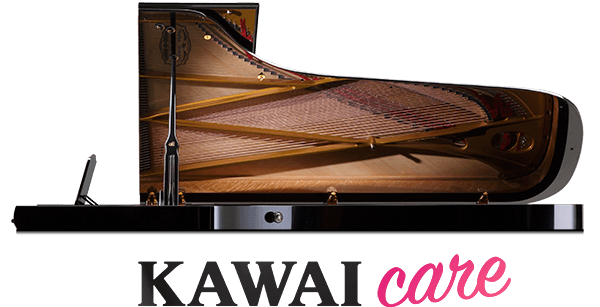A Beijing native, Moye is a graduate of Shanghai Conservatory of Music, where he currently holds the positions of Associate Professor of Piano and Artist in Residence; his Artist Diploma and doctorate were conferred by Oberlin Conservatory of Music and University of Illinois respectively.
He is the winner of more than ten prestigious competitions, and his awards include the 2017 Center for Musical Excellence (CME) International Performing Arts Grant, the 2015 Kate Neal Kinley Memorial Fellowship and the 2014 Feltsman Piano Foundation Scholarship.
Cyrus Meher-Homji OAM, the founder of Eloquence Classics and General Manager of Classics and Jazz at Universal Music Australia, says Moye “is not just another top-ranking pianist. He is a musician of deep sensitivity and soul, with technical facility to burn.”
1. When did you realise you wanted to be a performing artist?
Around 10 or 11 years old, I realized how fascinating music is.
2. Who inspired you the most and why?
My teacher Hung-Kuan Chen, who is an esteemed pianist and now the professor at Juilliard and Yale, has given me important direction to succeed. My wife has inspired me while I prepared new program.
3. What are some of your favourite performance venues?
Lots of, such as Mariinsky Theater, Carnegie Hall, Sydney Opera House, etc. And there are some amazing venues in my home country, such as NCPA, Shanghai Symphony Hall, etc.
4. What do you consider ‘success as a performing artist’?
Perhaps it is not easy to define the word “success”, but I believe a successful performing artist should always enjoy the performing arts and always have a good-habits in daily practice and musical research, and a successful musician should be honest and passionate to music.
5. Which pianists do you enjoy listening to the most?
Mikhail Pletnev, a representative of the Kawai artist roster.
6. Is there any repertoire that you stay away from?
No, but in different periods my taste and choice of repertoire may change slightly.
7. Have you ever dealt with performance anxiety and how did you overcome it?
Sometimes the pre-performance anxiety seems inevitable, one of my tips is to regard it as a crucial part in my performance and to try my best to convert it to a motivation.
8. How do you interact and respond to fans?
The comments from fans are important. I would always love to communicate with them, any suggestions will be appreciated greatly.
9. Do you have a ‘warm up’ practise routine?
It depends on the different programs – the longer warm-up time may be ideal for preparing those large and “meaty” compositions.
10. What advice would you give to your younger self embarking on your journey?
Never give up. We learn music because we love it. Of course it is important to win a competition, but the principal goal as a musician is enjoying music and sharing it with audiences.
11. Which country or venue have you not yet performed in but would like to?
NCPA in Beijing and Wigmore Hall in London
12. What is the best and worst thing about being a musician?
The best thing is that I like being a musician, the worst is I have to handle pressures.
13. What motivates you to perform?
Music itself.
14. If you could have dinner with any composer, who would it be?
Sergei Rachmaninov.
15. What do you consider most important when programming a concert?
A good program, in my opinion, should satisfy both audiences and performers. There are many factors to influence the program’s quality, but I think the good program can always draw the audiences’ interests and concentrations to your music.
“The relationship between Shigeru Kawai pianos and me traces back to 2006 when my teacher brought a SK-5 to his apartment and offered me an opportunity to practice there everyday. Subsequently, our conservatory purchased a number of new SK-5 pianos so that I could patiently investigate the beauty from this series. When I went to Japan in 2007 I had a chance to play SK-6, another great model but not available in the Chinese market.
The first time I played SK-EX was in 2015 in Russia. It is the king of the Kawai instruments and one of the finest pianos in today’s industry. SK-EX has unparalleled warmth in its sound at the same time that the sensitivity of keyboard remains its excellence; sometimes you may even feel that the piano itself produces a kind of organic (but proper) ambience, which may give a musician the artistic insights to exploit the best sound.”
